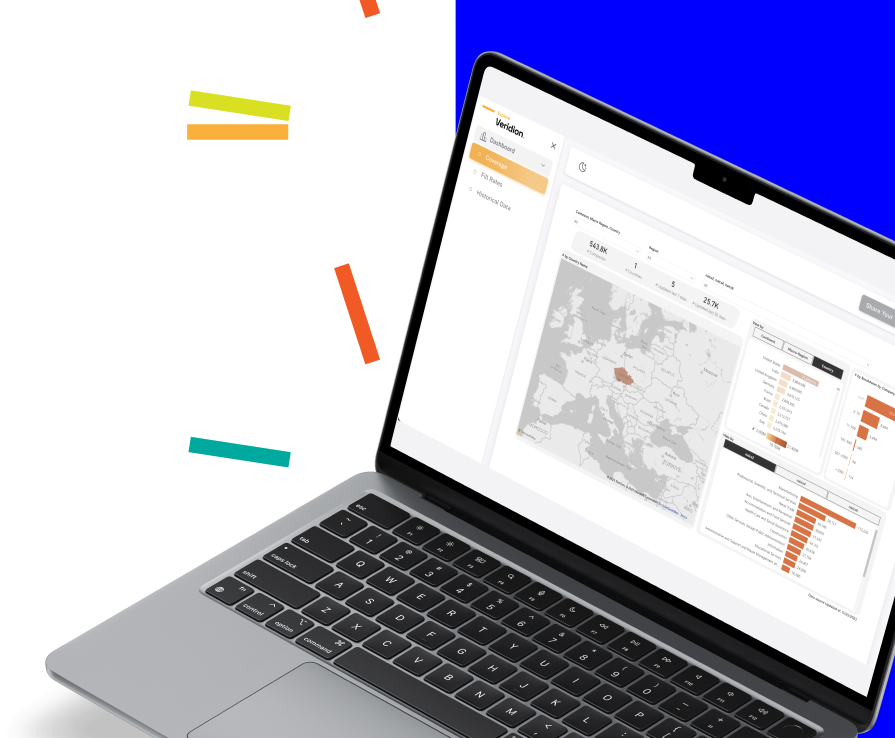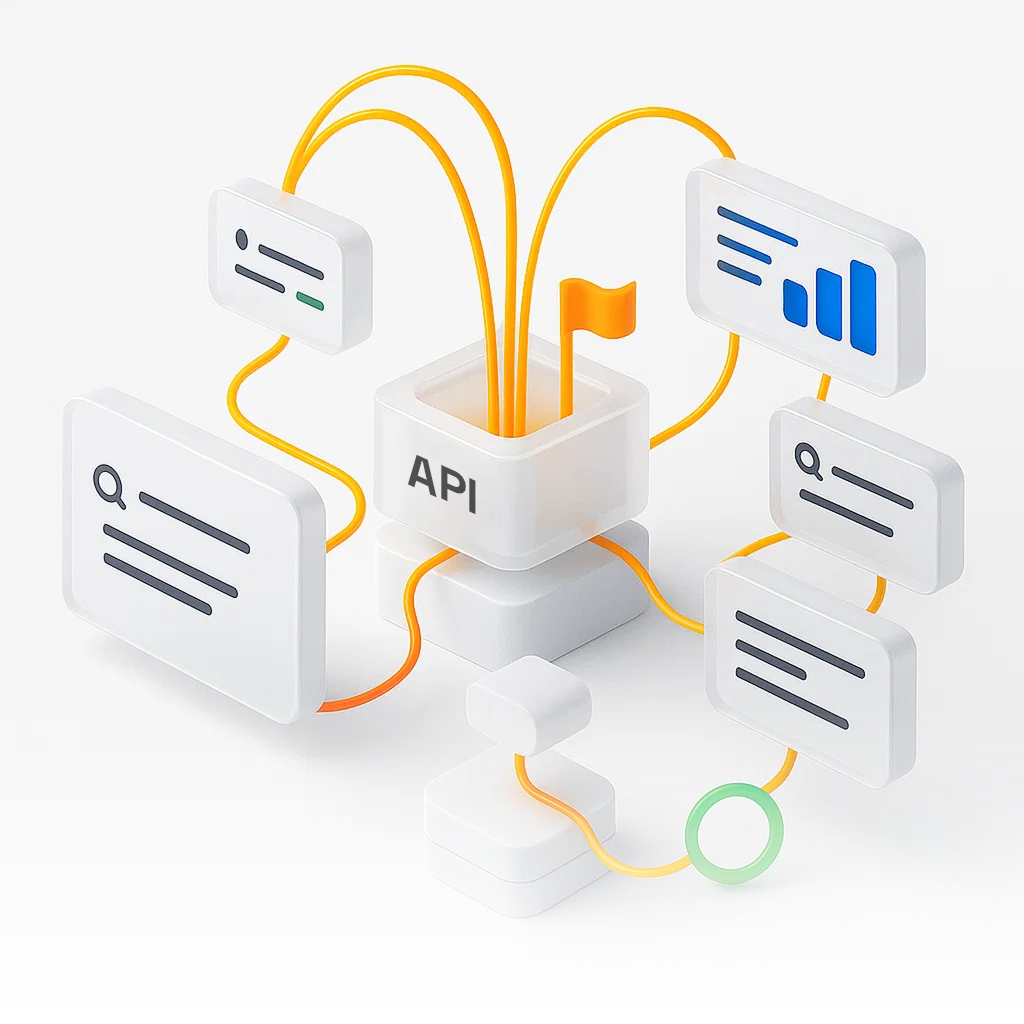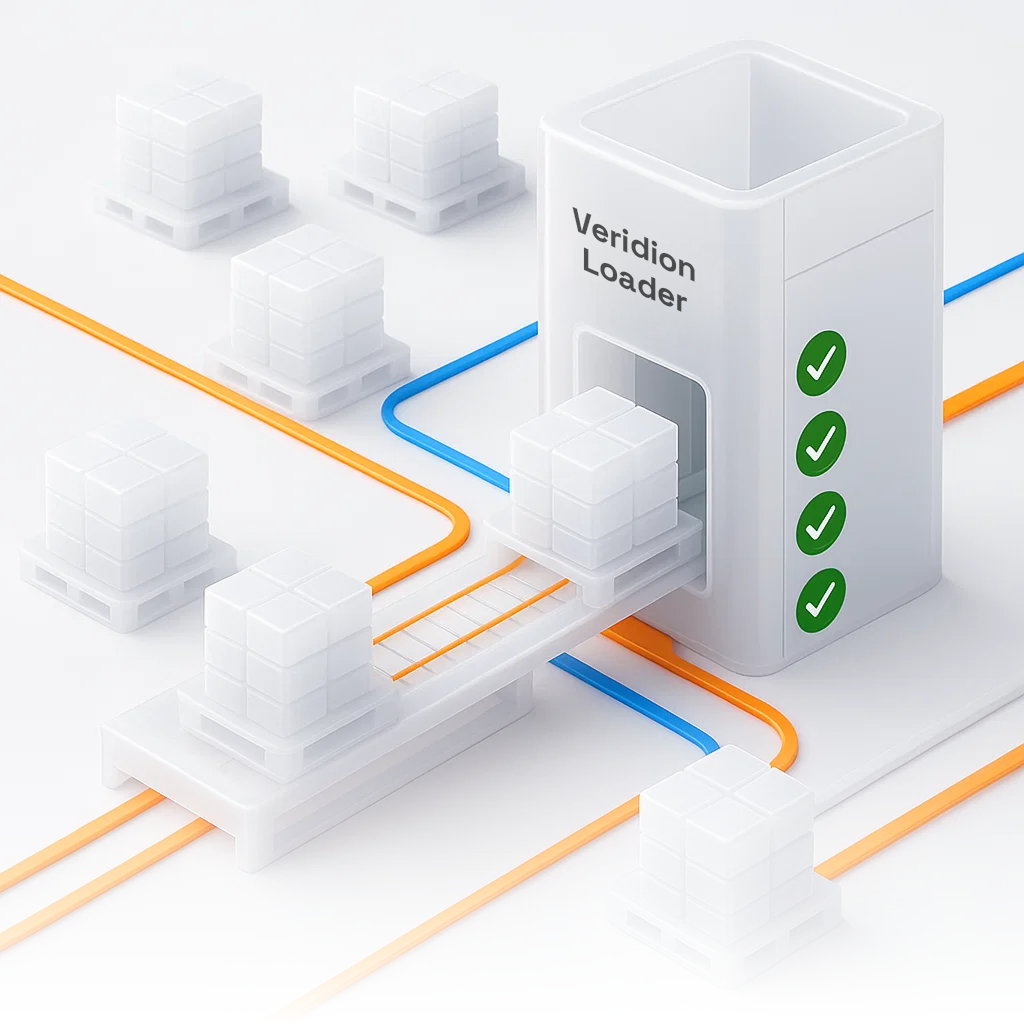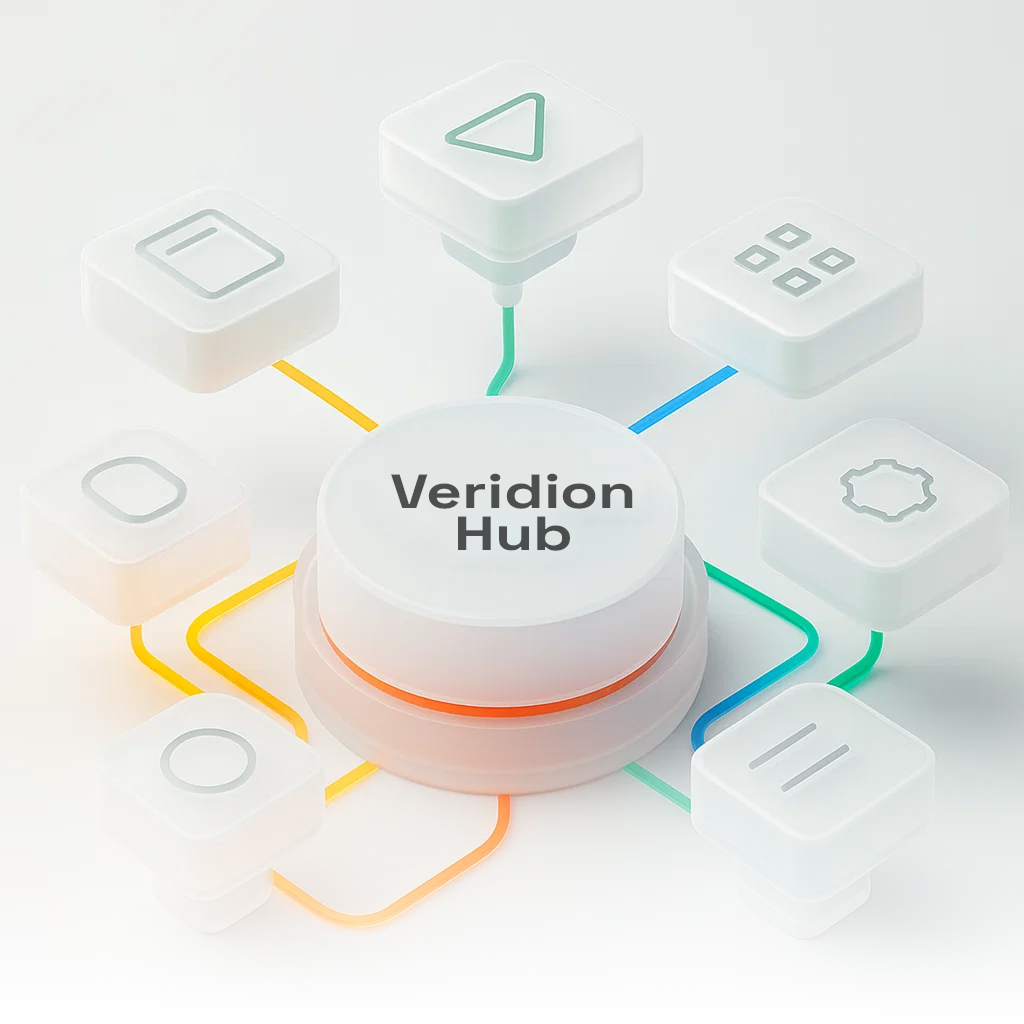
Download a Veridion data sample
We love our data, and now that you're here, you're one step closer to loving it too.
Choose your sample
Generic
A wide sample of data, so you can explore what is possible with our data
Choose ->
Procurement
built with procurement in mind. Focused on manufacturers, products and more
Choose ->
Insurance
built with insurance in mind. Focused on classifications, business activity tags and more
Choose ->
ESG
built with sustainability in mind. Focused on sustainability commitments, and environmental and social governance insights.
Choose ->
Market Intelligence
built with strategic insights in mind. Focused on market trends, competitor analysis, and industry-specific data
Choose ->
Download a Veridion generic sample
Your data sample is on its way!
Generic
A wide sample of data, so you can explore what is possible with our data
Choose ->
Download a Veridion procurement sample
Check your email for more details. You will be redirected soon...
Supplier Sourcing
A wide sample of data, so you can explore what is possible with our data
Choose ->
Supplier Risk Monitoring
built with procurement in mind. Focused on manufacturers, products and more
Choose ->
Supplier Enrichment
built with insurance in mind. Focused on classifications, business activity tags and more
Choose ->
Download a Veridion insurance sample
Check your email for more details. You will be redirected soon...
Book Management
A wide sample of data, so you can explore what is possible with our data
Choose ->
Pre-fill
built with procurement in mind. Focused on manufacturers, products and more
Choose ->
Quote to Bind
built with insurance in mind. Focused on classifications, business activity tags and more
Choose ->
Download a Veridion ESG sample
Check your email for more details. You will be redirected soon...
ESG
built with sustainability in mind. Focused on sustainability commitments, and environmental and social governance insights.
Choose ->
Download a Veridion Market Intelligence sample
Check your email for more details. You will be redirected soon...
Market Intelligence
built with strategic insights in mind. Focused on market trends, competitor analysis, and industry-specific data
Choose ->

Get a 100% custom sample from Veridion
Or













